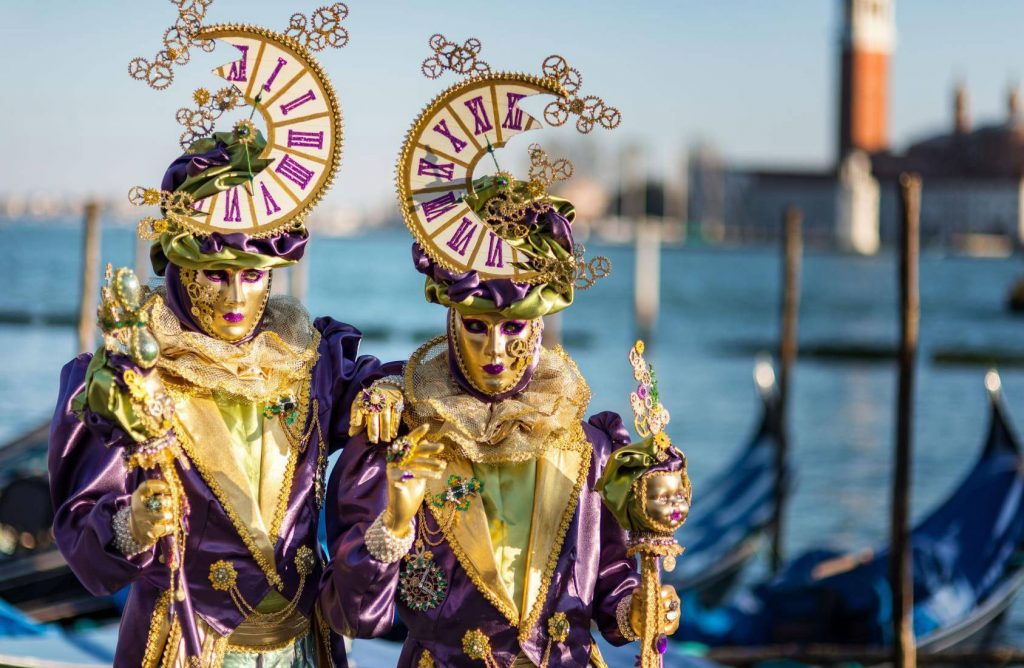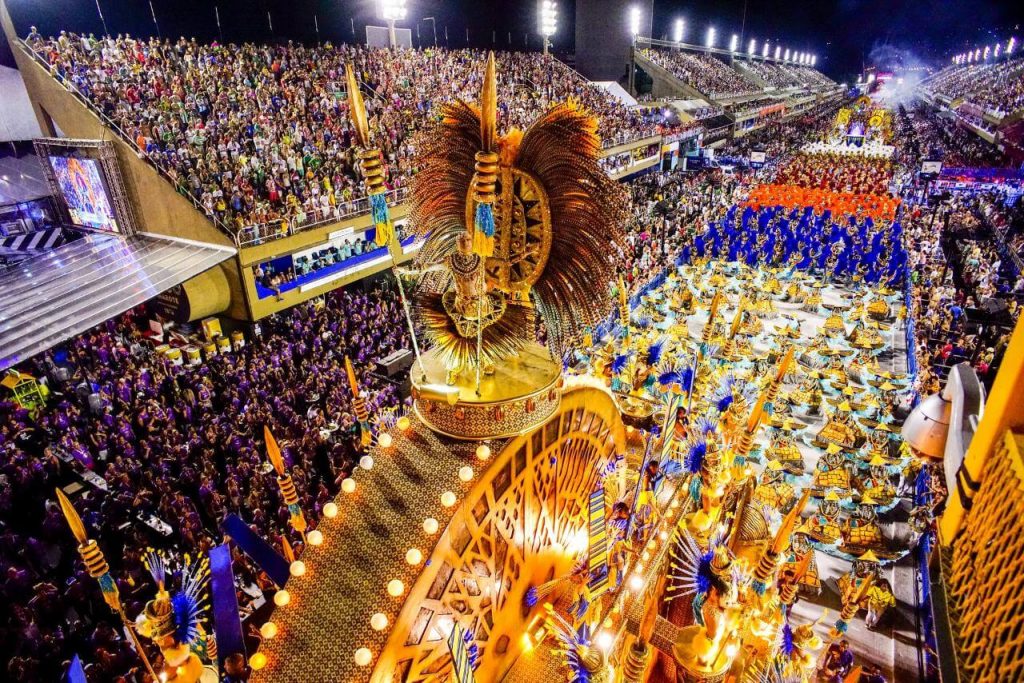¡Ya es Carnaval!
Do you like to dress up? Some people experience Carnival as the most amazing time of the year, enjoying the costumes, the music, the make-up… and other people do not even know about it.
Whether you like it or not, it’s an interesting celebration that has a reason even though it seems like it’s just for fun.
¿Os gusta disfrazaros? Como en todo, el Carnaval hay quien lo vive como el momento más alucinante del año, que disfruta de los disfraces, la música, el maquillaje… y hay quien ni se entera.
Os guste más o menos, es una celebración interesante y que tiene un por qué aunque parezca que es solo diversión.
Carnival is a typical celebration in countries with a Christian background. It takes place just before Lent, between February and March, depending on the year. Traditionally it starts on a Thursday (Jueves Lardero) and ends on a Tuesday (this year it starts on the 20th and ends on the 25th of February)
El carnaval es una fiesta típica de países con tradición cristiana, que tiene lugar inmediatamente antes de la época de Cuaresma, entre febrero y marzo, depende del año. Tradicionalmente empieza un jueves (Jueves Lardero) y termina un martes (este año comienza el 20 y finaliza el 25 de febrero)
Its origin is very, very old, and is linked to the festivals that the Greeks and Romans celebrated in honour of the arrival of spring and Bacchus, the god of wine.
El origen es muy muy antiguo, y está vinculado a las fiestas que griegos y romanos celebraban en honor a la llegada de la primavera y a Baco, dios del vino.
It was in the Middle Ages, however, that it took on greater importance in Europe. At that time, during the time of Lent, the population had to abstain from eating meat, drinking alcohol and any other earthly pleasure. The carnival began as a popular celebration, which consisted of great feasts and parties to get strength before Lent.
Aunque es en la Edad Media cuando coge mayor protagonismo en Europa. En esa época, durante el tiempo de Cuaresma, la población debía abstenerse de comer carne, beber alcohol y cualquier otro placer terrenal. El carnaval surge como una celebración de carácter popular, que consistía en grandes banquetes y fiestas para coger fuerzas antes de la Cuaresma.
The word carnival comes from the Latin Carne Vale or Carne-levere meaning «goodbye meat» and refers to the period of fasting that begins on Ash Wednesday.
La palabra carnaval procede del latín Carne Vale o Carne-levere significa “adiós a la carne” y hace alusión al período de ayuno que se inicia el Miércoles de Ceniza.
It has different forms of expression in each place of the world where it is celebrated, but it is always associated with costumes, masks, parades and dances.
Tiene diferentes formas de expresión en cada lugar del mundo donde se celebra, pero está siempre asociado a disfraces, máscaras, comparsas, desfiles, bailes.

The Venice Carnival in Italy is considered the oldest and is known worldwide for the use of ornamental masks.
El carnaval de Venecia, en Italia, está considerado el más antiguo, y es mundialmente conocido por el uso de máscaras ornamentadas.

The Rio de Janeiro Carnival in Brazil is the greatest performance that began with the arrival of the Portuguese. The African influence grew stronger and finally, the samba became the characteristic musical rhythm.
El carnaval de Río de Janeiro, en Brasil, es un grandísimo espectáculo que comenzó con la llegada de los portugueses. La influencia africana fue cobrando fuerzas y finalmente la samba se convirtió en el ritmo musical característico.
In Spain, Cadiz, Santa Cruz de Tenerife and Águilas carnivals are particularly well known and are considered to be of International Tourist Interest.
En España son especialmente reconocidos los carnavales de Cádiz, Santa Cruz de Tenerife y Águilas, considerados Fiestas de Interés Turístico Internacional.
The carnival god Momo was the symbol of sarcasm, mockery and irony in Greek mythology.
Momo es el Dios del carnaval y en la mitología griega era la personificación del sarcasmo, las burlas y la ironía.
And you, do you celebrate Carnival?
¿Y vosotros, celebráis el carnaval?
We would love to hear about your experiences if you have been to a famous carnival, what is your favourite costume. Tell us about it!
Nos encantaría que nos contarais vuestras experiencias, si habéis ido a a algún carnaval famoso, cuál es vuestro disfraz favorito ¿Os animáis?




